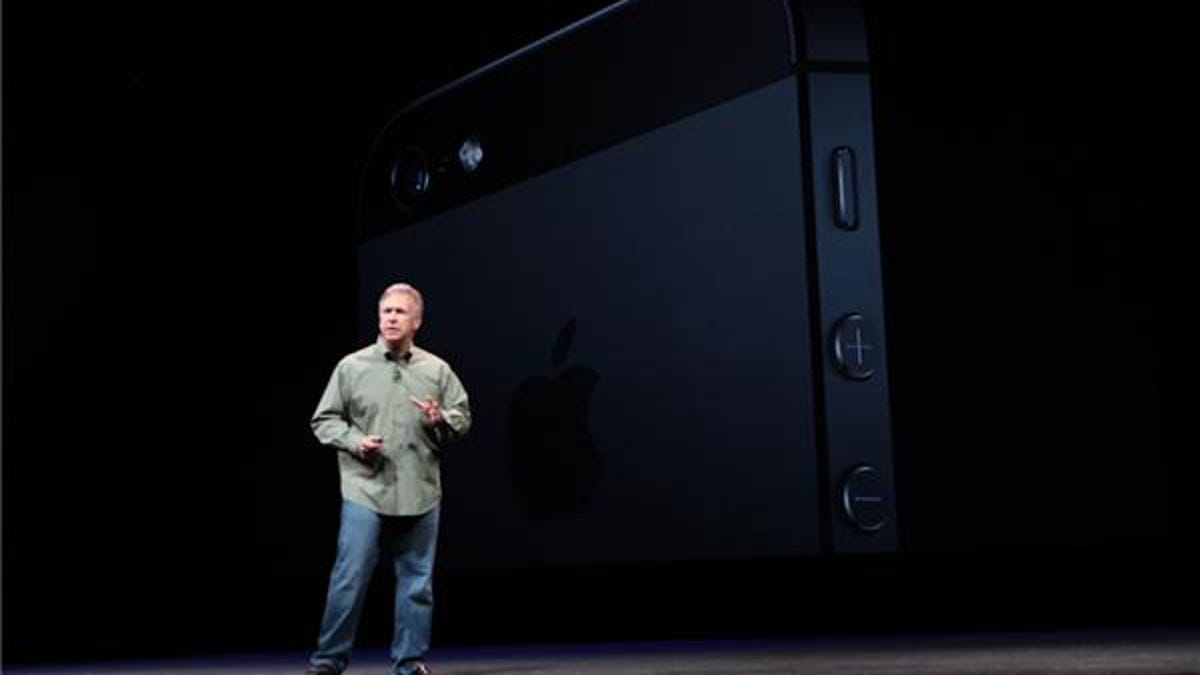iPhone 5 and 4G LTE: Be careful what you wish for
If the iPhone 5 has 4G LTE as expected, it probably won't be a high-speed free lunch, an analyst says.

With the iPhone 5 expected to sport 4G LTE tech, one analyst wonders whether Apple will have dealt with all of the "compromises" that CEO Tim Cook mentioned as an LTE deal-breaker last year.
It is "unlikely" that Apple will be able to deliver LTE sans compromises for its next iPhone, said Will Strauss, principal analyst at Forward Concepts, a market research firm that covers wireless communication chips, among other chip technologies.
4G LTE phones have been notorious for underwhelming battery life.
"First of all that chip is going to have to handle not only LTE but 3G and that means W-CDMA, CDMA, 1XEVDO, and things like HSPA+," said Strauss.
"And, frankly, Qualcomm is the only company on the planet that can provide such a chip, [but] power consumption is nothing to brag about."
Strauss continued. "There's no free lunch. You get all that wonderful video and high-speed everything-you-could-want but there is a trade off," he added.
That said, he believes Apple has likely made progress. "I'm sure there's been some improvement. And it's probably not just a matter of silicon improvement. Things such as power optimization, power management. That will make sure you're consuming power only when absolutely necessary," he said.
Cook addressed the iPhone and Verizon in April 2011 during the company's earnings conference call.
"I think you can see this in the products that have been shipped, is that the first generation of LTE chipsets force a lot of design compromises with the handset, and some of those, we are just not willing to make."
Certain models of Apple's Retina iPad come with 4G LTE, but that device is large enough to accommodate a relatively large battery. That won't be the case for an LTE iPhone.
Qualcomm offers chips that support LTE and various other standards that smartphone makers -- like Samsung and its Galaxy S III -- are essentially forced to use in the U.S. because of the idiosyncrasies of the U.S. market.

